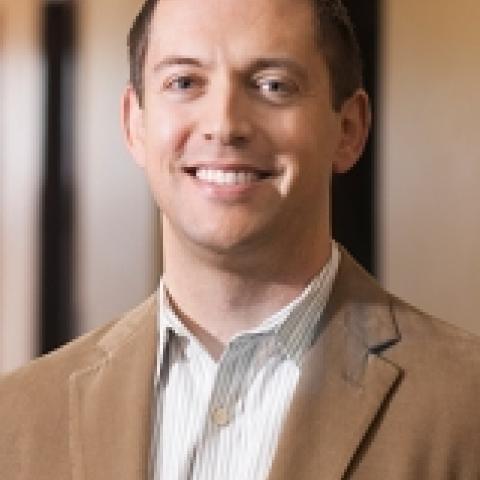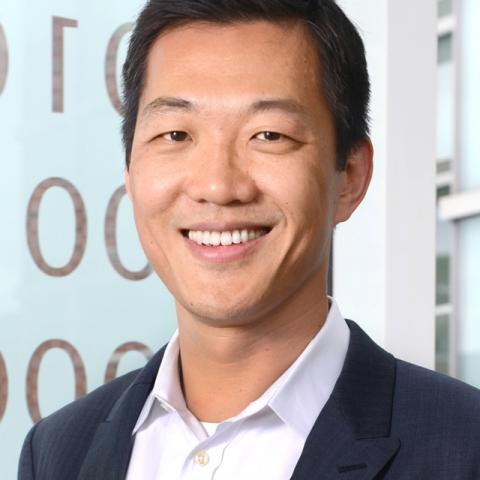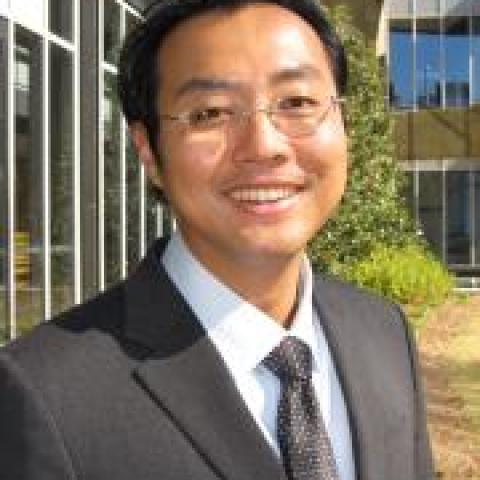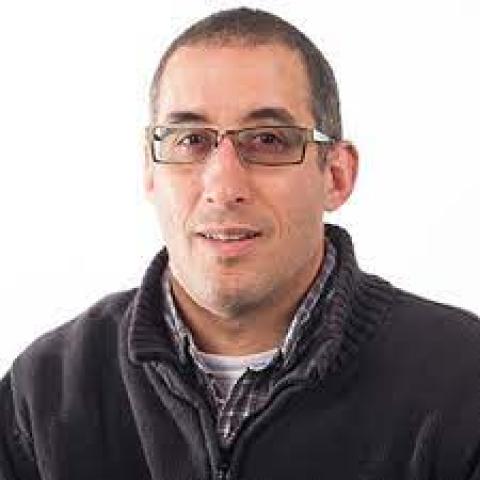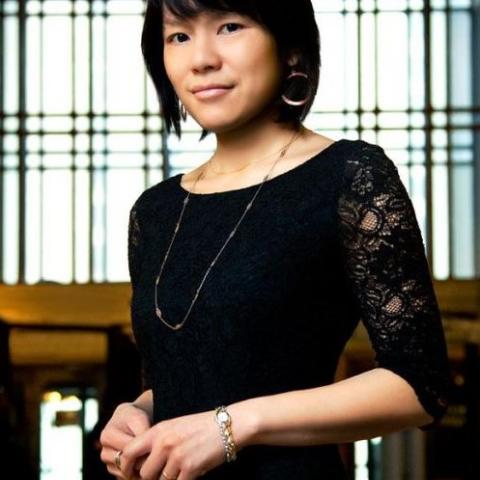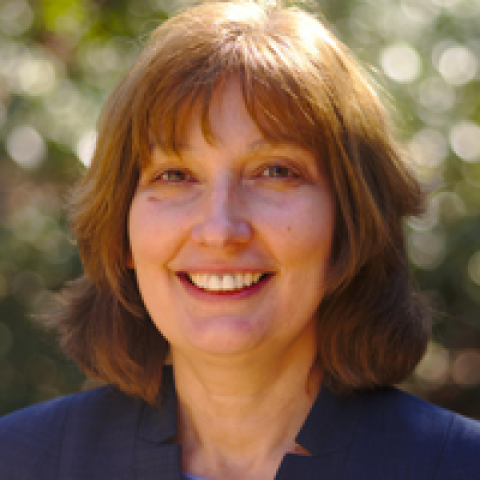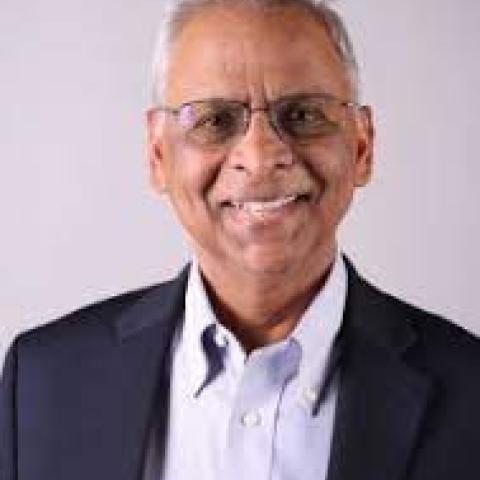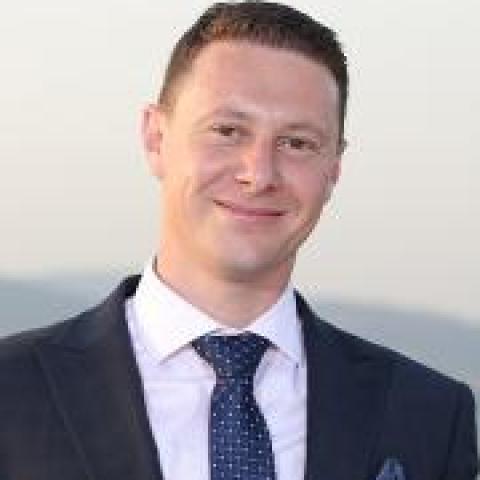Timothy Charles Lieuwen
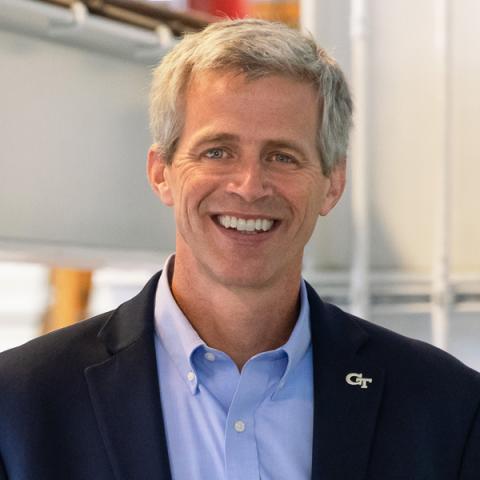
Tim Lieuwen is the executive vice president for research (EVPR) at the Georgia Institute of Technology. In this role, he oversees the Institute’s $1.37 billion portfolio of research, economic development, and sponsored activities. This includes leadership of the Georgia Tech Research Institute (GTRI), the Enterprise Innovation Institute, nine interdisciplinary research institutes (IRIs), and related research administrative support units.
In his 25-plus years at Georgia Tech, Lieuwen earned his master's and Ph.D. degrees in mechanical engineering (1996 and 1999, respectively) and has held multiple leadership positions. He has been the executive director of the Strategic Energy Institute (SEI) since 2012 and began serving as the interim chair of the Daniel Guggenheim School of Aerospace Engineering in 2023.
Lieuwen has received numerous honors and recognition for his work in clean energy systems and policy, national security, and regional economic development. Additionally, he has been awarded the titles of Regents’ Professor and the David S. Lewis, Jr. Chair in AE. He is also a member of the National Academy of Engineering and is a fellow of the American Society of Mechanical Engineers and the American Institute of Aeronautics and Astronautics.
Acoustics; Fluid Mechanics; Combustion; Signal Processing
